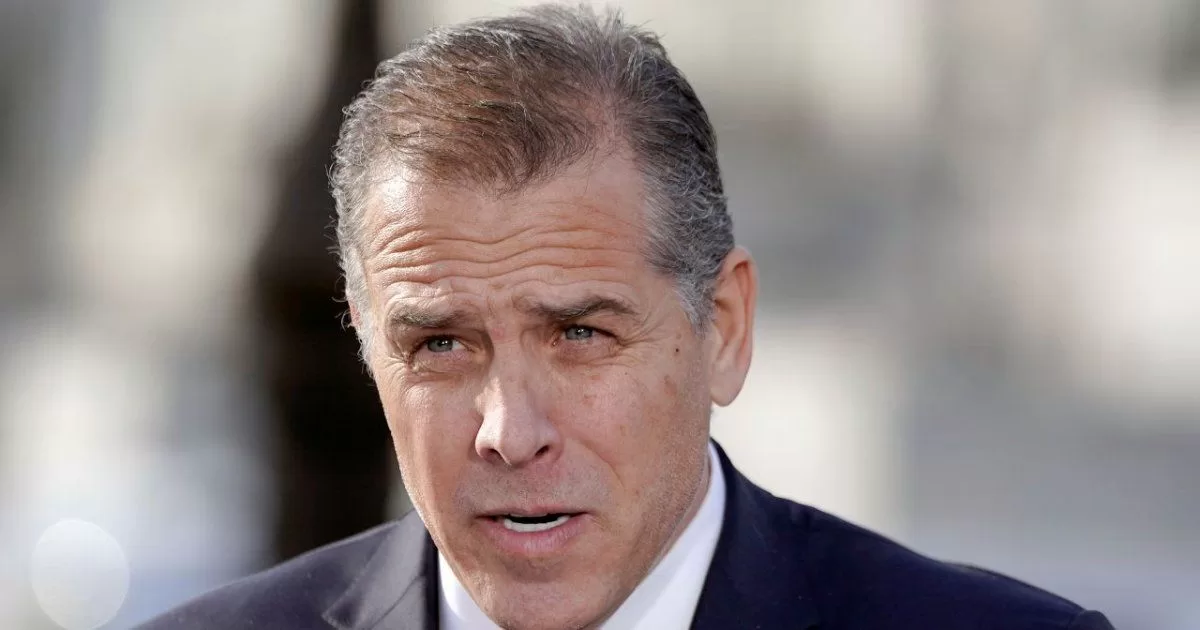montreal, canada.— In the race for the electric battery industry, more and more multinationals are betting on Canada, which offers tax incentives, access to critical minerals and renewable energy, highlighted Business Insider.
The publication noted that this week during the presentation of its annual budget in Ottawa, the Canadian government announced a 30 percent tax credit to promote clean technology manufacturing and the extraction, processing and recycling of critical minerals.
It is a way of further promoting a trend that is clearly outlined: in two years, the country registered more than 18 billion dollars of investments in the electric battery sector. This is an important boost for the Canadian automotive industry, affected in recent decades by the departure of several factories to Mexico, which offers lower costs.
The latest announcement came from Volkswagen, which will build its first battery plant outside of Europe in the province of Ontario. Volkswagen will become the first automaker to debut production in Canada in 35 years.
“This is not just a new chapter. It is practically a new book that we wrote in the automotive sector in Canada,” said Industry Minister François-Philippe Champagne.
Other renowned automakers also chose Canada to expand into the North American market; among them Stellantis, associated with the Korean LG, the French tire manufacturer Michelin and General Motors (GM).
“Canada has gone from fifth to second in the world in terms of our battery supply chain,” Prime Minister Justin Trudeau recently said, referring to the latest ranking by research firm BloombergNEF, which placed the country just behind China.
China produces 75 percent of the world’s lithium batteries.
For specialist Sarah Houde, from Propulsion Québec, Canada’s main argument in this competition is that it is “one of the only countries in the world that has all the minerals necessary to produce batteries.”
According to the International Energy Agency (IEA), the demand for essential minerals could increase fourfold, or even sixfold, by 2040.
“Being close to the main market, but also to the source of supply is essential for us,” said Brett Lynch, president of Australian mining company Sayona. This company has just settled in Quebec to develop one of the first lithium extraction projects in the country.
Insider pointed out that another advantage of the local industry is its privileged access to the billions announced by the United States to promote the change of the energy matrix of transport to electric vehicles, batteries and renewable energy projects.

